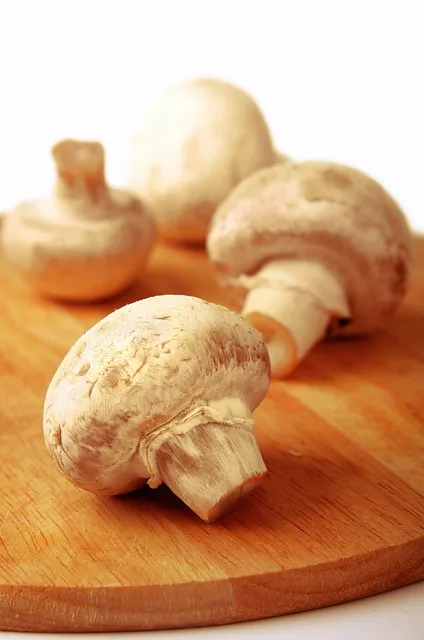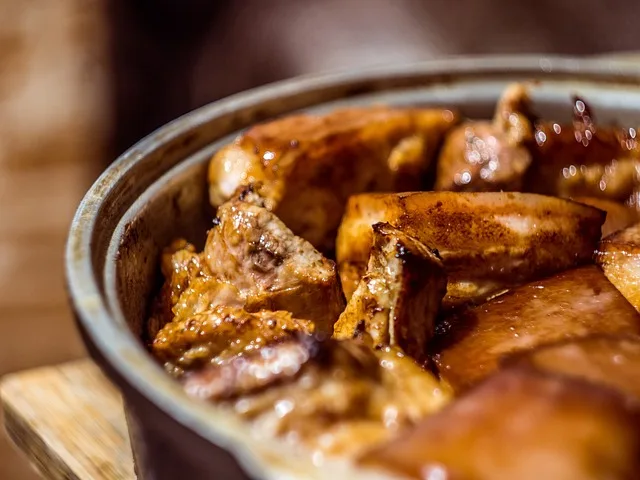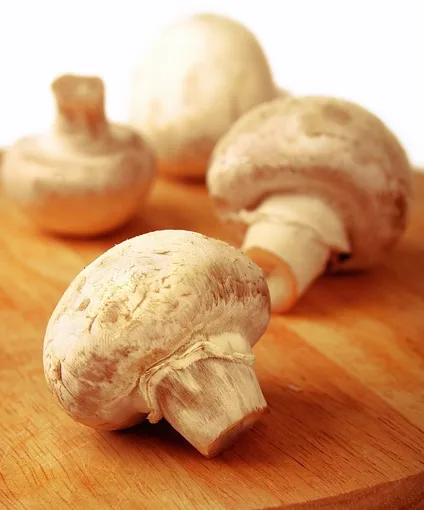First off, gather your supplies. You’ll need a gentle dish soap, warm water, a soft cloth, and a little bit of elbow grease. Think of this as your cleaning toolkit—like a chef preparing for a big meal. Start by mixing a few drops of dish soap into a bowl of warm water. This concoction is your secret weapon against grease.
Now, dip your cloth into the soapy water, wring it out, and get to work. Gently wipe down the cabinet surfaces, following the grain of the wood. It’s like giving your cabinets a soothing massage! For those stubborn spots, don’t be afraid to apply a little more pressure, but remember to be gentle—wood can be sensitive.
If the grease is particularly persistent, consider using a mixture of vinegar and water. Vinegar is like nature’s cleaning superhero! Just mix equal parts vinegar and water in a spray bottle, spritz it on the greasy areas, and wipe it away with a clean cloth. The acidity of the vinegar cuts through the grease like a hot knife through butter.
Grease Be Gone: The Ultimate Guide to Reviving Your Wood Kitchen Cabinets
Start by mixing a solution of warm water and a few drops of dish soap. This isn’t just any soap; think of it as a superhero for your cabinets, ready to battle the grime. Dip your cloth into the mixture, wring it out, and gently wipe down the surfaces. It’s like giving your cabinets a refreshing spa day! You’ll be amazed at how quickly the grease starts to lift away.
Now, if you encounter stubborn spots, don’t panic. A paste made from baking soda and water can work wonders. Apply it to the greasy areas and let it sit for a few minutes. It’s like letting a fine wine breathe before serving—patience pays off! Afterward, scrub gently with a soft cloth. You’ll see the grease surrendering, revealing the beautiful wood underneath.
Once you’ve tackled the grime, it’s time to nourish your cabinets. Think of wood as skin; it needs moisture to stay healthy. A good wood conditioner or mineral oil can do the trick. Apply it with a clean cloth, and watch your cabinets drink it up, restoring their natural luster.
And don’t forget about prevention! Regularly wiping down your cabinets after cooking can keep the grease at bay. It’s like brushing your teeth—do it often, and you’ll avoid the big clean-ups later. So, roll up those sleeves and get ready to transform your kitchen!
From Grimy to Gleaming: Effective Techniques for Cleaning Greasy Wood Cabinets
First off, grab a gentle dish soap and warm water. It’s like a magic potion for grease! Mix a few drops of soap in a bowl of warm water, dip a soft cloth in, and start wiping down those cabinets. The soap cuts through the grease like a hot knife through butter. Just remember to wring out the cloth well—nobody wants soggy cabinets!
If the grease is particularly stubborn, consider using a mixture of vinegar and water. This dynamic duo works wonders! Vinegar is a natural degreaser and can tackle even the toughest grime. Just mix equal parts vinegar and water in a spray bottle, spritz it on, and let it sit for a few minutes before wiping it away. It’s like giving your cabinets a refreshing spa day!
For those who prefer a little extra oomph, baking soda is your friend. Create a paste with baking soda and water, apply it to the greasy spots, and let it sit for about 10 minutes. When you scrub it off, it’s like watching the grease vanish into thin air!
Say Goodbye to Kitchen Grease: Top Tips for Maintaining Your Wood Cabinets
First off, prevention is key. Think of your cabinets as a shield against the chaos of cooking. A quick wipe-down with a damp cloth after each meal can save you from a major cleaning session later. It’s like brushing your teeth daily; a little effort goes a long way in avoiding bigger problems down the line.
When it’s time for a deeper clean, grab some gentle soap and warm water. Avoid harsh chemicals that can strip the finish off your wood. Imagine your cabinets as a delicate flower; treat them with care, and they’ll bloom beautifully. A soft sponge or microfiber cloth works wonders here—just remember to rinse and dry thoroughly to avoid water spots.
For those stubborn grease spots that refuse to budge, a mixture of vinegar and olive oil can be your best friend. It’s like a magic potion for your cabinets! Just apply it with a soft cloth, and watch as the grease melts away, leaving behind a lovely shine.

And don’t forget about regular maintenance! Every few months, consider applying a wood conditioner. It’s like giving your cabinets a spa day, keeping them nourished and protected from future grease attacks.
So, next time you’re whipping up a culinary masterpiece, keep these tips in mind. Your wood cabinets will thank you, and you’ll enjoy a kitchen that sparkles with cleanliness!
The Secret to Spotless Wood Cabinets: How to Tackle Grease Buildup

First off, let’s talk about the culprits. Cooking oils, splatters, and even dust can cling to your cabinets like a stubborn guest who just won’t leave. The good news? You don’t need fancy cleaners or expensive products to restore their shine. A simple mixture of warm water and mild dish soap can work wonders. Just grab a soft cloth, dip it in the solution, and gently wipe down the surfaces. It’s like giving your cabinets a refreshing spa day!
Now, if the grease is particularly stubborn, consider using a mixture of vinegar and water. This dynamic duo cuts through grime like a hot knife through butter. Just remember to test it on a small, hidden area first to ensure it won’t damage the finish. Think of it as a little insurance policy for your cabinets!
And here’s a pro tip: after cleaning, always dry your cabinets with a clean, dry cloth. This step is crucial because moisture can lead to warping or damage over time. It’s like sealing the deal after a great negotiation—don’t leave anything hanging!
Lastly, to keep your cabinets looking pristine, make it a habit to wipe them down regularly. Just a quick once-over after cooking can save you from a major cleaning session later. It’s all about staying ahead of the game! So, roll up your sleeves and give those cabinets the love they deserve. You’ll be amazed at the transformation!
Natural Solutions: Eco-Friendly Ways to Clean Grease from Wood Kitchen Cabinets
First up, let’s talk about the power of vinegar. This kitchen staple is like a superhero for grease. Mix equal parts of white vinegar and water in a spray bottle, and you’ve got yourself a potent cleaning solution. Just spray it on the greasy spots, let it sit for a minute, and wipe it away with a soft cloth. It’s like magic—goodbye, grease!
Next, consider baking soda. This humble powder is a gentle abrasive that can tackle tough grime without scratching your beautiful wood. Create a paste by mixing baking soda with a little water, apply it to the greasy areas, and scrub gently with a soft sponge. It’s like giving your cabinets a spa day!
Don’t forget about olive oil! Yes, you read that right. A little olive oil mixed with lemon juice can not only clean but also condition your wood. It’s like a two-for-one deal! Just rub the mixture onto the cabinets, and watch as it lifts away grease while leaving a lovely shine behind.
And if you’re feeling adventurous, try using essential oils. A few drops of tea tree or lemon oil mixed with water can create a refreshing cleaning solution that smells divine. Plus, these oils have natural antibacterial properties, so you’re not just cleaning; you’re also sanitizing.
So, why rely on harsh chemicals when nature has provided us with such effective alternatives? With these natural solutions, your wood kitchen cabinets can look pristine while keeping the environment happy.
Frequently Asked Questions
How often should I clean my wood kitchen cabinets to prevent grease buildup?
To prevent grease buildup on wood kitchen cabinets, clean them every 1-3 months. Regularly wipe down surfaces with a damp cloth and a mild cleaner to maintain their appearance and longevity.
Can I use vinegar to clean my wood kitchen cabinets?
Vinegar can be used to clean wood kitchen cabinets, but it should be diluted with water to prevent damage. A mixture of equal parts vinegar and water can effectively remove grease and grime without harming the finish. Always test on a small, inconspicuous area first.
What are the best cleaning solutions for greasy wood kitchen cabinets?
To effectively clean greasy wood kitchen cabinets, use a mixture of warm water and mild dish soap. For tougher grease, a solution of vinegar and water can be applied. Alternatively, commercial wood cleaners designed for grease removal can be effective. Always test any solution on a small, inconspicuous area first to ensure it does not damage the finish.
What tools do I need to clean grease off wood cabinets effectively?
To effectively clean grease off wood cabinets, you will need a few essential tools: a soft cloth or sponge, a mild dish soap mixed with warm water, white vinegar, and a soft-bristled brush for tough spots. Optionally, you can use a commercial wood cleaner or degreaser specifically designed for wood surfaces. Always test any cleaning solution on a small, inconspicuous area first to ensure it does not damage the finish.
How do I remove tough grease stains from wood cabinets?
To effectively remove tough grease stains from wood cabinets, start by mixing a solution of warm water and mild dish soap. Use a soft cloth or sponge to gently scrub the stained area, being careful not to damage the wood finish. For stubborn stains, consider using a mixture of vinegar and water or a specialized wood cleaner. Always test any cleaning solution on a small, inconspicuous area first. After cleaning, wipe the surface with a damp cloth and dry it thoroughly to prevent moisture damage.
